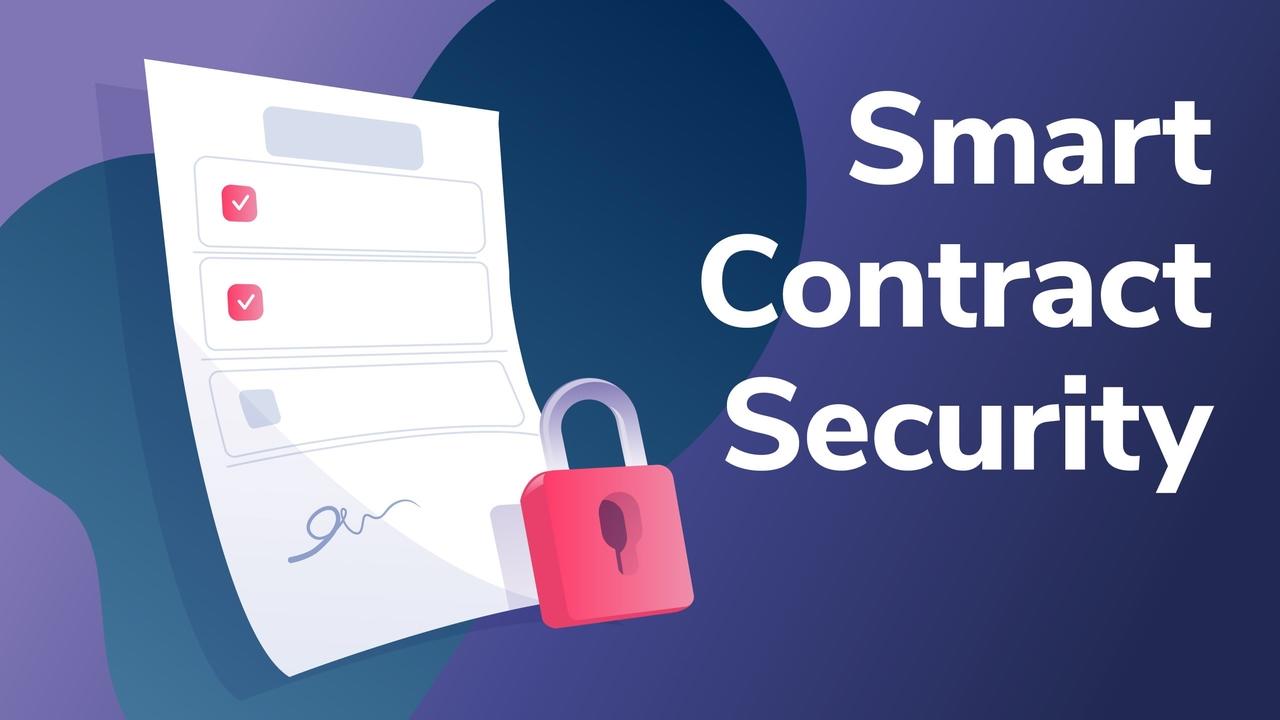
How to audit a Smart Contract for Weakness and Vulnerabilities
The following is the list of 37 known smart contract weaknesses, each of which is registered under Smart Contract Weakness Classification (or SWC) with a specific code. Blockchain cybersecurity specialists will use them for auditing a blockchain smart contract before it goes to the production. The application and priority of the following list varies from one platform to another. For instance, Ethereum or a public blockchain application is more vulnerable than a private platform like Hyperledger.
- ID => Title
- SWC-136 => Unencrypted Private Data On-Chain
- SWC-135 => Code With No Effects
- SWC-134 => Message call with hardcoded gas amount
- SWC-133=> Hash Collisions With Multiple Variable Length Arguments
- SWC-132=> Unexpected Ether balance
- SWC-131=> Presence of unused variables
- SWC-130=> Right-To-Left-Override control character (U+202E)
- SWC-129=> Typographical Error
- SWC-128=> DoS With Block Gas Limit
- SWC-127=> Arbitrary Jump with Function Type Variable
- SWC-126=> Insufficient Gas Griefing
- SWC-125=> Incorrect Inheritance Order
- SWC-124=> Write to Arbitrary Storage Location
- SWC-123=> Requirement Violation
- SWC-122=> Lack of Proper Signature Verification
- SWC-121=> Missing Protection against Signature Replay Attacks
- SWC-120=> Weak Sources of Randomness from Chain Attributes
- SWC-119=> Shadowing State Variables
- SWC-118=> Incorrect Constructor Name
- SWC-117=> Signature Malleability
- SWC-116=> Block values as a proxy for time
- SWC-115=> Authorization through tx.origin
- SWC-114=> Transaction Order Dependence
- SWC-113=> DoS with Failed Call
- SWC-112=> Delegatecall to Untrusted Callee
- SWC-111=> Use of Deprecated Solidity Functions
- SWC-110=> Assert Violation
- SWC-109=> Uninitialized Storage Pointer
- SWC-108=> State Variable Default Visibility
- SWC-107=> Reentrancy
- SWC-106=> Unprotected SELFDESTRUCT Instruction
- SWC-105=> Unprotected Ether Withdrawal
- SWC-104=> Unchecked Call Return Value
- SWC-103=> Floating Pragma
- SWC-102=> Outdated Compiler Version
- SWC-101=> Integer Overflow and Underflow
- SWC-100=> Function Default Visibility
Once a smart contract passes the above 37 list, it must go through Known Vulnerability Analysis test where a line by line code analysis is performed against a checklist of known vulnerabilities, including but not limited to:
- Reentrancy
- Variable Shadowing
- Storage Pointer Exploits
- Over- and Underflows
- Potential Denial of Service Attacks
- Block Gas Limit Issues
- Timestamp Dependencies
- Insecure Random Number Generation
- Incorrect Cryptographic Signature Validation
- Transaction Ordering Assumptions
Need help in implementing above check-list effectively, contact us and we will be in touch with you shortly.
How we can help
We are a team of specialized blockchain architects and developers with several iterations of blockchain implementation projects with government and large companies. Along with our experience, our team members have authored and published numerous books on blockchain as well as books on several of the more widely-adopted blockchain platforms.
At DC Web Makers, we have rigorously audited and refined several critical smart contracts for productions at an enterprise level. From Security Token to supply chain smart contracts, we have helped small to large businesses to deploy reliable, scalable and secure blockchain applications.